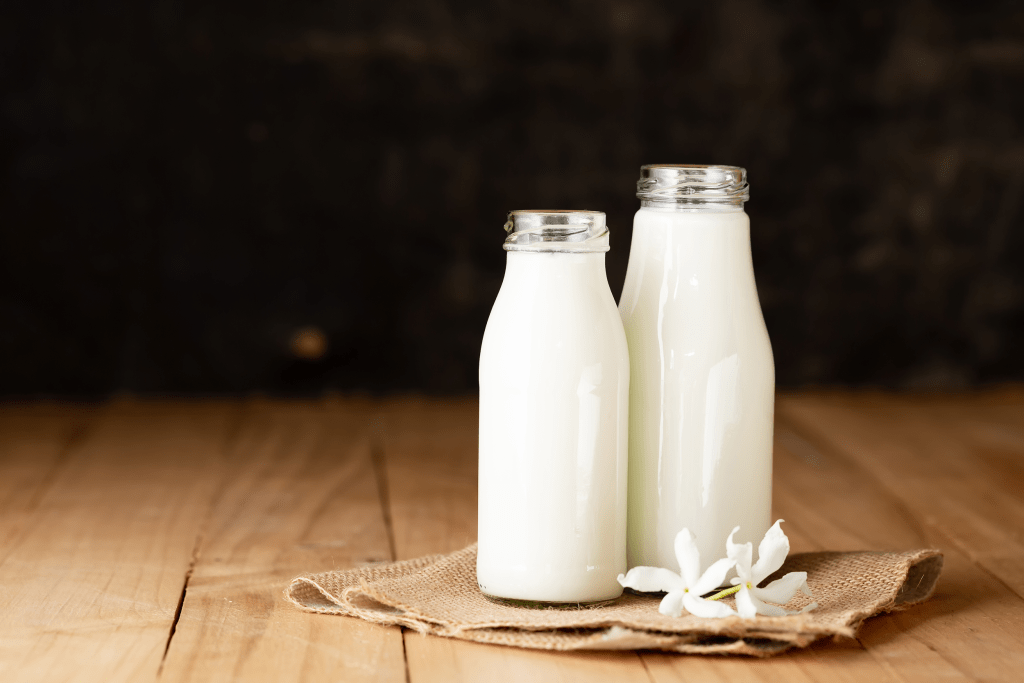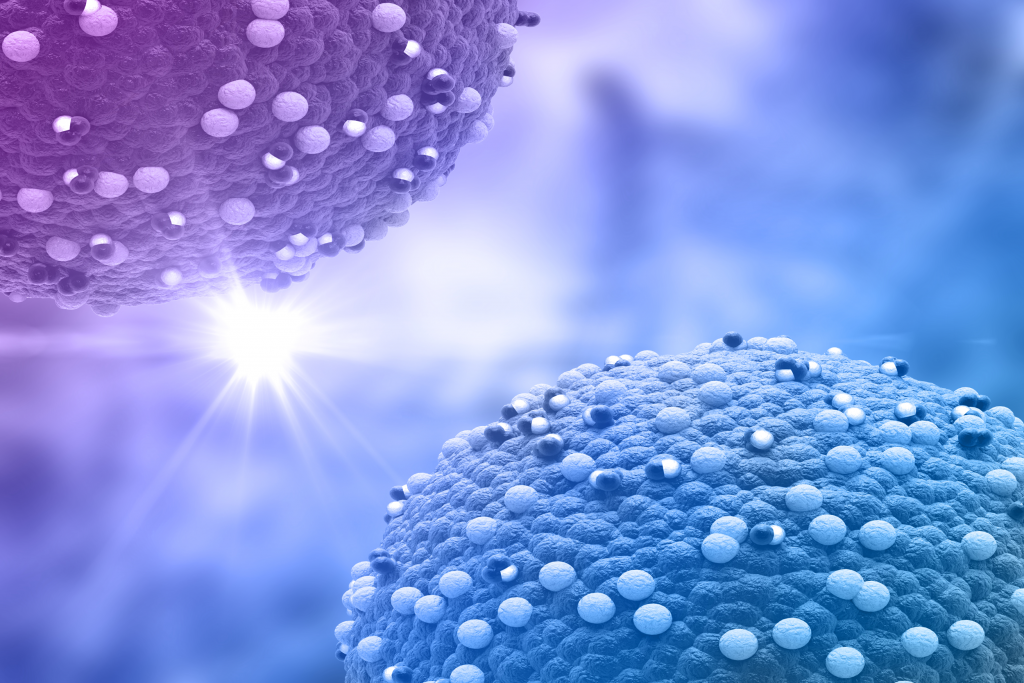What are the benefits of drinking milk?
We must first say that the benefits of drinking milk are undeniable. Milk is a natural food source for mammals. Animals, including humans, produce milk to feed their baby until their offspring are ready to eat solid food. Milk contains valuable nutrients such as calcium and protein that help the body grow faster. Research on milk is contradictory, with some considering it harmful and some considering it a nutritious food.
In addition to strengthening bones, milk has many other benefits. These benefits also come from dairy products such as cheese, butter, and flavored milks. In general, milk consumption is essential for maintaining good health and is an excellent source of minerals for all ages. Here are all the benefits that children and adults get from drinking milk.
What are the benefits of drinking milk?
Official sources recommend that adults consume 3 cups of low-fat or fat-free dairy daily as part of a healthy diet.
A nutrient rich in nutrients
The nutrients in milk are very diverse and the nutritional value of a cup (244 grams) of milk includes the following:
- Calories 146
- 8 grams of protein
- 8 grams of fat
- Calcium 28%
- Vitamin D 24%
- Riboflavin (Vitamin B2) 26%
- Vitamin (Vitamin 12) ٪ 18
- Potassium 10%
- Phosphorus 22%
- Selenium 13%
Milk is an excellent source of essential vitamins and minerals. It provides potassium, vitamin B12, calcium and vitamin D. In addition, milk is an excellent source of protein and contains hundreds of different fatty acids, including conjugated linoleic acid (CLA) and omega-3. Conjugated linoleic fatty acids and omega-3 fatty acids have many health benefits, including reducing the risk of diabetes and heart disease.
The amount of nutrients in milk depends on factors such as the amount of fat, diet and the type of animal from which the milk is taken. For example, the milk of most grass-fed cows contains significant amounts of linoleic acid and omega-3 fatty acids. Also, grass-fed cow’s milk contains higher levels of beneficial antioxidants such as vitamin E and beta-carotene, which help reduce inflammation and combat oxidative stress (an imbalance between free radicals and antioxidants in the body).
Milk substitutes

Anyone who is allergic to cow’s milk, or whose stomach cannot tolerate lactose in milk, or who even intends to avoid cow’s milk for ethical or environmental reasons, can use milk substitutes. A variety of alternative milks such as almond milk, soy, coconut, cashew and oatmeal can be used instead of cow’s milk.
Soy milk fortified with calcium, vitamin A and vitamin D are said to be part of the dairy diet because they are similar in composition to milk. Other plant-based milks may also contain calcium, but they cannot be considered dairy because their nutritional properties are not similar to soy or cow’s milk and they do not have the properties of milk.
Milk and bone health
One of the most important properties of milk that makes it a nutritious drink is its calcium. Calcium is an important nutrient for strong bones and teeth, improving muscle movement and nerve signals. Health officials recommend getting enough calcium to prevent fractures and osteoporosis. Milk is a rich source of calcium. Some manufacturers fortify cow’s milk with vitamin D, another nutrient that is good for bone health.
Milk and heart health
Milk is a good source of potassium, which can help open blood vessels and lower blood pressure. Getting more potassium while lowering sodium (salt) can lower blood pressure and reduce the risk of heart disease and stroke. Many people in the United States do not get the daily requirement of potassium, which is 3,500 mg for men and 2,600 mg for women.
Other foods rich in potassium in addition to milk include:
- Apricot leaf
- Orange
- potato
- tomato
- spinach
- the banana
- yogurt
- Bukhara plum
Cow’s milk also contains large amounts of saturated fat and cholesterol, which can increase the risk of heart disease, so dairy should be consumed in moderation.
Milk and cancer

Milk contains calcium and vitamin D, both of which can protect against cancer. Also, calcium may protect the villi of the intestines, thereby reducing the risk of colon or anal cancer. However, some research has shown that too much calcium is directly linked to the risk of prostate cancer.
Vitamin D can play an important role in regulating cell growth. This will help increase a person’s immunity to colon cancer, and possibly prostate and breast cancer. However, some studies have suggested that high levels of vitamin D increase the risk of pancreatic cancer, but more research is needed to fully confirm this finding.
Milk and depression
One of the main reasons why you need to drink milk is because of the vitamin D it contains. Adequate amounts of vitamin D help produce serotonin, which affects mood, appetite and sleep. Research, including a 2020 study, has linked vitamin D deficiency to clinical depression.
Milk and muscle building
Cow’s milk helps calves grow fast, so it makes sense to say that cow’s milk can also be effective in building muscle in the human body. Cow’s milk is a rich source of high quality protein and contains all the essential amino acids.
Whole milk is also a rich source of energy that can prevent muscle mass from being consumed for energy production. Low-fat milk can provide less fat, but it also has the benefits of milk.
Milk and osteoarthritis
Arthritis does not currently cure knee pain, but researchers say drinking milk daily can help slow the progression of the disease.
Prevent overweight

Numerous studies have linked milk intake to a reduced risk of obesity. High milk protein helps you feel full longer, and this may prevent you from overeating. In addition, several studies have been performed on conjugated linoleic acid in milk, which has the ability to break down fat and inhibit fat production, and its effects have been confirmed.
Also, many studies have linked calcium-rich diets to a reduced risk of obesity. Studies have shown that high amounts of calcium in the diet break down fat and prevent the body from absorbing fat.





